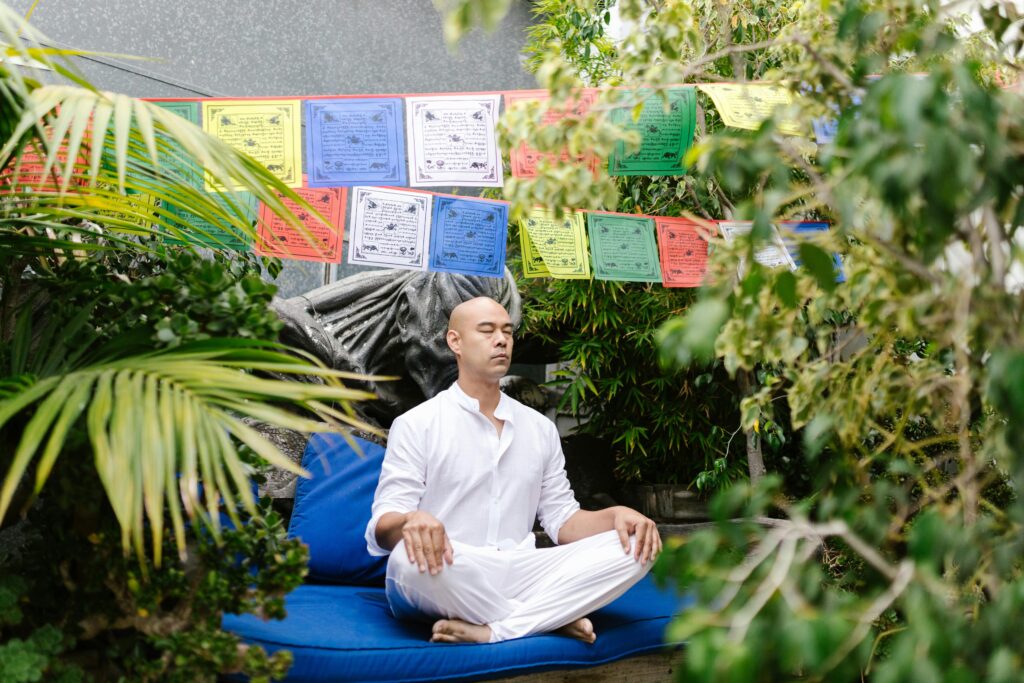Table of Contents
Introduction
Anxiety attacks can feel overwhelming, often leaving you in a state of panic and helplessness. But the good news is that there are ways to manage and even overcome these episodes. If you’re experiencing anxiety attacks, you’re not alone. In this article, we will explore 7 proven ways to overcome anxiety attacks and regain control of your life. These strategies can help you feel more at peace and empowered.

What Are Anxiety Attacks?
Anxiety attacks, also known as panic attacks, are intense waves of fear or discomfort that occur suddenly. They can be triggered by stress, anxiety disorders, or certain situations. During an anxiety attack, you may experience symptoms such as:
- Rapid heartbeat
- Shortness of breath
- Sweating or chills
- Tightness in the chest
- Dizziness
While anxiety attacks can be frightening, understanding what they are and how to manage them can make a significant difference in your mental well-being.
7 Proven Ways to Overcome Anxiety Attacks
1. Practice Deep Breathing Techniques
One of the most effective ways to calm your mind and body during an anxiety attack is through deep breathing. Focusing on slow, deep breaths helps activate the body’s natural relaxation response. Try inhaling for 4 seconds, holding for 4 seconds, and exhaling for 4 seconds. This simple exercise can reduce the intensity of the attack.
2. Ground Yourself with the 5-4-3-2-1 Technique
This grounding exercise is a great way to bring your focus back to the present moment. To do this, use your senses to identify:
- 5 things you can see
- 4 things you can touch
- 3 things you can hear
- 2 things you can smell
- 1 thing you can taste
Focusing on your surroundings helps interrupt the panic and calm your mind.

3. Challenge Your Negative Thoughts
Anxiety often feeds off negative thoughts. When you’re in the midst of an anxiety attack, ask yourself, “Is this thought realistic? What evidence do I have to support this fear?” Reframing negative thoughts can help reduce the intensity of the attack and prevent it from escalating.
4. Engage in Physical Activity
Exercise is a natural anxiety reliever. When you move your body, it releases endorphins, which are feel-good chemicals that can improve your mood. A short walk, yoga, or stretching can help you regain a sense of control and reduce anxiety.
5. Use Aromatherapy
Essential oils, such as lavender, chamomile, and bergamot, have been shown to have calming effects. You can diffuse these oils in your room or apply them to your skin (with proper dilution) to help reduce anxiety. Aromatherapy is a simple yet effective way to soothe your senses during an attack.
6. Focus on Relaxation Techniques
Mindfulness meditation, progressive muscle relaxation (PMR), and guided imagery are excellent techniques for managing anxiety. They help reduce the body’s physical stress responses and create a sense of calm. Try incorporating these practices into your daily routine to prevent anxiety attacks from happening in the first place.

7. Seek Professional Help
If anxiety attacks persist or become debilitating, it may be time to seek professional help. Cognitive-behavioral therapy (CBT), medication, or a combination of both can be effective in managing anxiety disorders. Speaking with a mental health professional can provide you with the tools to manage anxiety and improve your quality of life.
Prevention Tips to Reduce Anxiety Attacks
While the tips above can help you manage anxiety attacks when they occur, prevention is key to reducing their frequency and intensity. Here are a few tips to help keep anxiety at bay:
- Get enough sleep: Lack of sleep can trigger anxiety. Aim for 7-9 hours of sleep each night.
- Eat a balanced diet: A healthy diet supports mental well-being.
- Limit caffeine and alcohol: These substances can increase anxiety levels.
- Practice mindfulness: Mindfulness can help you stay grounded and reduce anxiety in daily life.
Conclusion
Anxiety attacks can be distressing, but with the right strategies and mindset, you can take control and manage these episodes effectively. By practicing deep breathing, challenging negative thoughts, engaging in physical activity, and seeking professional help when needed, you can reduce the frequency of anxiety attacks and regain peace in your life. Remember, if you’re struggling with anxiety, you’re not alone, and help is available.
If you need more information or help with your health journey, feel free to contact us at Health Authentica.









